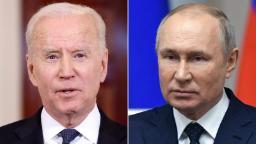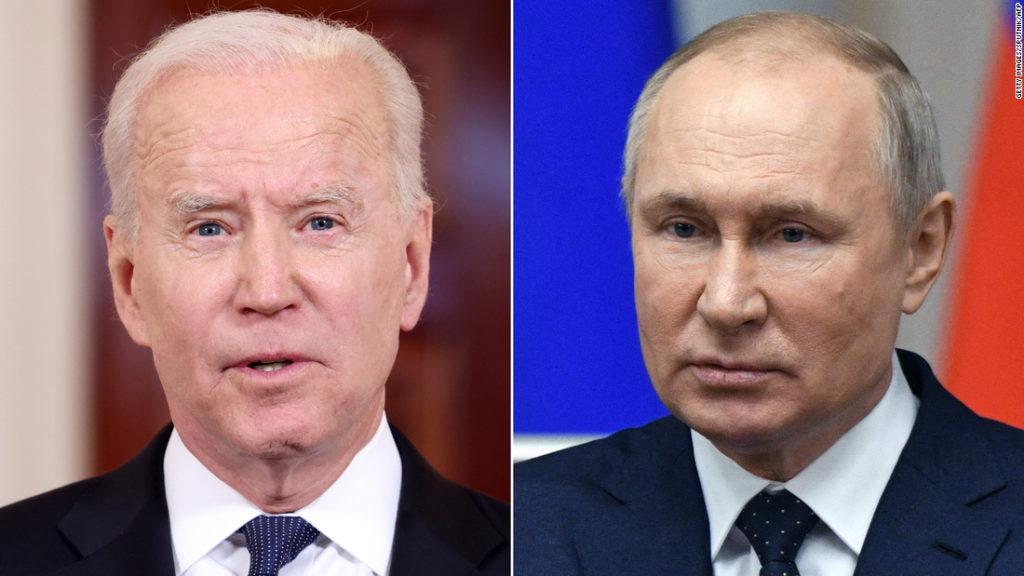
This is a change from three years ago, when then-President Donald Trump met privately for two hours with Putin in Helsinki, Finland. Both leaders spoke to reporters after, which is when Trump sided with the Kremlin over US intelligence agencies, drawing criticism at home.
Asked on Friday what his message for Putin would be, Biden suggested he’d speak to reporters after the talks.
“I’ll tell you after I deliver it,” he said following a photo-op at the Group of 7 summit, held on the southwestern English coast.
National security adviser Jake Sullivan said earlier this week that details like a joint press conference were still being sorted.
“All of that is still being worked out,” he said. “So when I’ve got more to report on the modalities, both in terms of how the meeting will be structured and the press elements, we’ll come back to you.”
Sullivan said, as Biden was flying to England to begin his foreign trip, that the President himself did plan to speak afterward.
“He does want to have an opportunity after that meeting to read it out and speak about his impressions and what he sees as the way forward,” he said.
In the weeks following Biden’s invitation to Putin for a summit meeting in Europe, officials from the two sides have negotiated details of the encounter, including its agenda and location.
Officials who have been involved in arranging past US meetings with Putin say the Russian side often pushes for a joint press conference, hoping to elevate Putin’s stature by having him appear alongside the American leader.
It’s one of several fraught decisions that go into planning meetings with Putin.
“I have been in the room with Putin many times when I was working for President Obama. And whataboutism is always a characteristic of these summit meetings,” said Ben Rhodes, Obama’s former deputy national security adviser.
“That whataboutism is meant to engender cynicism, that nothing really matters, it’s not worth even challenging this, that everybody’s just as corrupt as everybody else,” Rhodes said. “And I think it’s incumbent on Joe Biden to draw the clear distinctions between what America stands for in the world and what Vladimir Putin has been up to for the better part of over two decades now.”
You may also like
-
Afghanistan: Civilian casualties hit record high amid US withdrawal, UN says
-
How Taiwan is trying to defend against a cyber ‘World War III’
-
Pandemic travel news this week: Quarantine escapes and airplane disguises
-
Why would anyone trust Brexit Britain again?
-
Black fungus: A second crisis is killing survivors of India’s worst Covid wave

